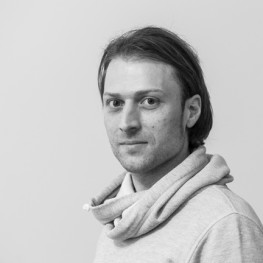Start
10 June 2016 - 11 h 30 min
End
10 June 2016 - 0 h 00 min
Address
50 Avenue Antoine Depage - 1050 Brussels (Room DC8.322 - 8th floor, Building D, Campus Solbosch of the Faculty of Psychology and Educational Sciences - Université Libre de Bruxelles) View mapCategories
Other SeminarPromoting healthy food choices among (aware) customers
Nudges are subtle physical rearrangements of a choice context that gently suggest “better” choices without forbidding any option or making any option more costly in terms of time, money, trouble, or social sanctions. For example, placing healthy food at eye level counts as a nudge, banning junk food does not. The present talk describes several online, lab and field (e.g., cafeteria, snack shop, train station) studies that used nudging interventions such as social proof, defaults and accessibility to promote healthier food choices. The nudge concept assumes that nudges operate in a way that does not require conscious processing as they make use of individuals’ automatic thinking processes and cognitive biases. Indeed, most of the time individuals are not aware that a certain cue in the environment may have influenced their choice. The studies presented in this talk thus also examine whether the degree of disclosure and salience of nudges affect nudging effectiveness and approval. For example, nudging interventions were disclosed to customers by adding signs next to the interventions disclosing the goal of the nudge. Taken together, the present studies show that it is possible to nudge people into buying more healthy foods while at the same time being upfront about the intervention. Next to the aforementioned empirical and theoretical implications, these studies also contribute to the debate on whether nudges are manipulative or can preserve choice autonomy.
—
David Marchiori is a researcher in the Department of Social, Health & Organizational Psychology at Utrecht University in the Netherlands.
Talk organized by the PSYFOOD UCL-ULB joint research group(Promotors: Axel Cleeremans, Olivier Corneille, Olivier Klein, Olivier Luminet, Stephan Van den Broucke) |


